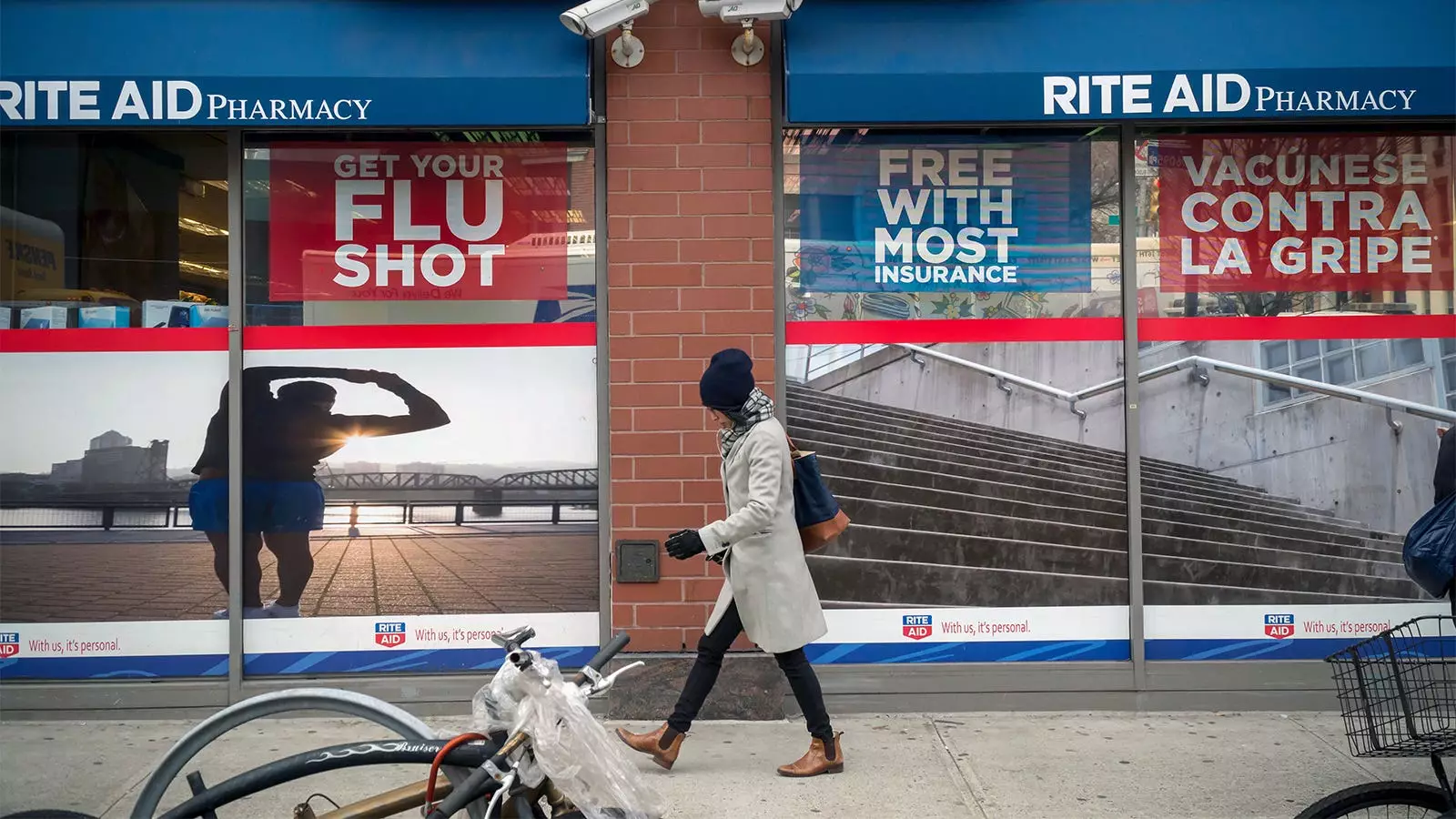The early estimates on the effectiveness of flu shots in the current U.S. winter flu season are somewhat promising. According to health officials at a CDC vaccines meeting, the vaccines have shown to be approximately 40% effective in preventing adults from falling ill to the point where they needed medical treatment. Moreover, children who received the flu shot were about 60% less likely to require treatment at a medical facility. This range of effectiveness falls within the generally accepted threshold of 40% to 60% for flu vaccines.
It is worth noting that flu shots tend to perform better when they are well-matched to the circulating flu strains, as seen in the current flu season. This alignment between the vaccine and the prevalent flu strains contributes significantly to the overall effectiveness of the vaccination efforts.
Despite the recommendations for annual flu vaccines for individuals aged 6 months and older in the U.S., the vaccination rates have not been optimal. Data from the CDC indicates that only about half of eligible children and adults received flu shots in recent months. These figures underscore the importance of increasing awareness and access to flu vaccinations.
The CDC relies on multiple surveillance systems to assess the effectiveness of flu vaccines. These systems collect data from various healthcare settings to determine the impact of flu shots on preventing severe flu-related illnesses. During the recent CDC meeting, estimates from different surveillance systems were presented, revealing effectiveness ranges with midpoints hovering around 40% for adults and approximately 60% for children.
While the current effectiveness estimates align with previous findings, there are concerns about potential diminishing returns for annual influenza immunization. Dr. Sarah Long of Drexel University raised the question of whether repeated vaccinations over time could lead to lower immune system responses. The CDC is exploring this question, although conclusive results have not yet been reached. Dr. Lisa Grohskopf emphasized the overall benefit of getting vaccinated, despite these ongoing research questions.
The effectiveness of flu shots in the U.S. winter season falls within an acceptable range, with significant variations in vaccine performance based on strain matching. Enhancing vaccination rates and addressing concerns about long-term immunization effects are critical for improving public health outcomes related to influenza prevention.


Leave a Reply